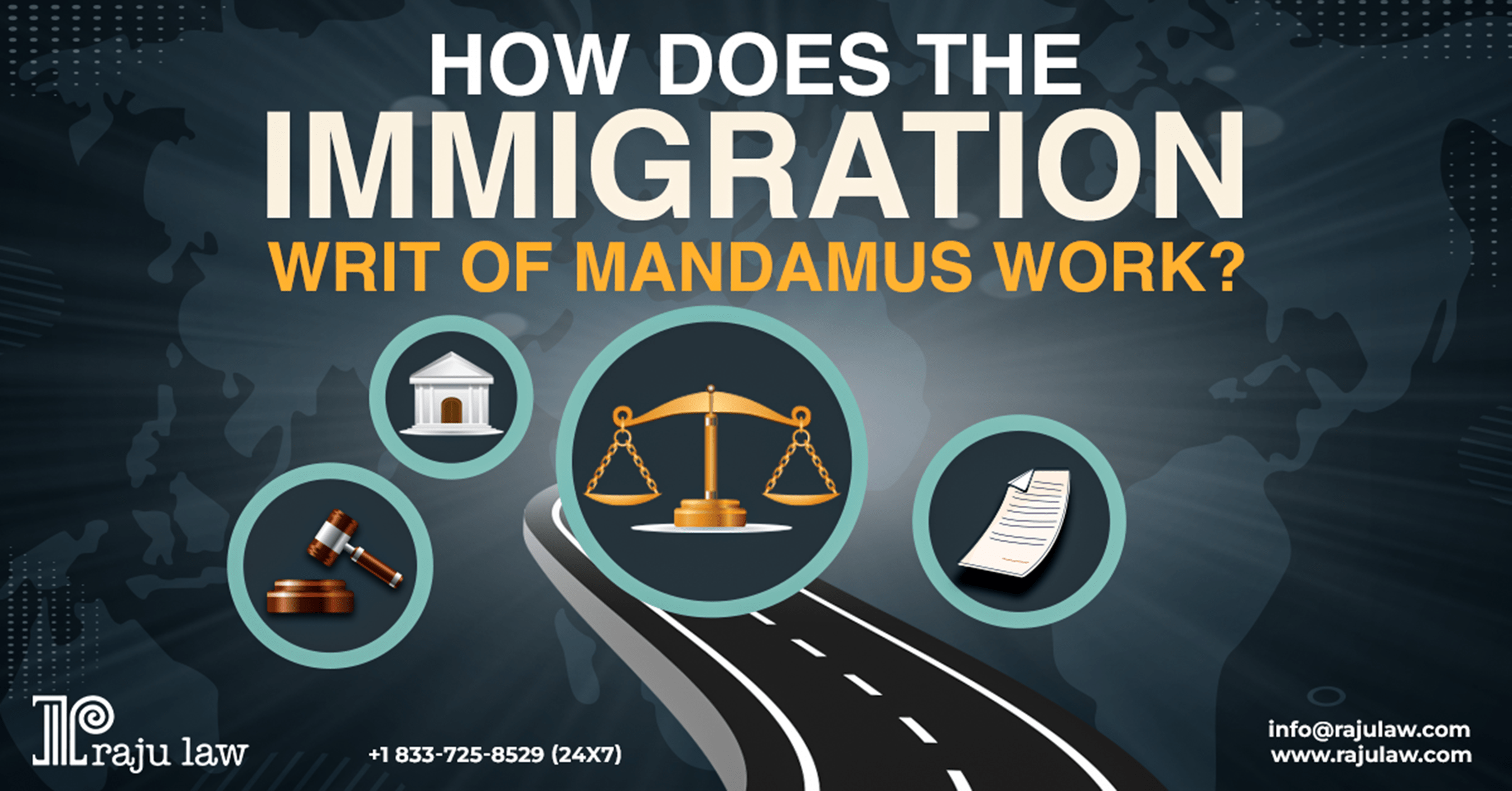DHS Publishes Fair and Humane Public Charge Rule
The U.S. Department of Homeland Security (DHS) has released a final rule, which will be published in the Federal Register, that clarifies and uniformly applies DHS’s handling of the public charge ground of inadmissibility for non-citizens. Before the previous Administration started to take into account supplemental public health benefits like Medicaid and nutritional assistance as part of the public charge inadmissibility determination, the rule restored the historical understanding of a “public charge” that had been in place for decades. The rule that was just announced demonstrates the Biden Administration’s dedication to reviving confidence in our lawful immigration system.
Source: USCIS
I-589 and I-765 revised editions were released by USCIS
Form I-589, Application for Asylum and for Withholding of Removal, and Form I-765, Application for Employment Authorization, new editions were made available by U.S. Citizenship and Immigration Services on July 26, 22. The Form I-589 and Form I-765 will only be accepted by USCIS as of November 7, 2022, in their respective 07/26/22 revisions. Until then, you may submit either the new versions of Form I-589 (dated 08/25/20) and Form I-765 (dated 05/31/22 and 08/25/20) or their earlier versions. The form and its accompanying instructions have the edition date at the bottom of the page. Please note, however, that due to the Asylumworks vacatur, certain instructions in the earlier editions are no longer valid.
Source: USCIS
US to make it easier for low-income immigrants to get green cards
A Trump-era policy that discriminated against low-income immigrants by preventing them from obtaining legal residency if they used specific government services has been officially overturned by the Biden administration. Those who would burden the United States are not eligible for green cards under the public charge regulation. That was understood for years prior to the Trump administration as being primarily dependent on financial aid, maintaining an income, or receiving help from the government for long-term institutionalization.
Source: The Economic Time
Some Indian applicants’ statuses regress in October’s Visa Bulletin
The Visa Bulletin for October 2022 was published by the U.S. Department of State. India’s EB-2 and EB-5 categories experienced a regression of almost 2 years and 10 months, while other nations observed no change. DHS issued all of the employment-based green cards that were available for the fiscal year 2022, which ends on September 30. However, according to government estimates, roughly 60,000 family-based green cards were not utilized. Those family-based green cards are lost, and instead will be added to the employment-based category beginning October 1, the first day of FY2023.
Source: Boundless
US educational institutions report an increase in applications from foreign students.
Given a rise in applications for the 2022–2023 academic year, institutions of higher education in the United States are optimistic that the number of international students is rebounding. However, a rise in applications does not always indicate a rise in the number of international students enrolled in American higher education institutions.
Source: VOA




